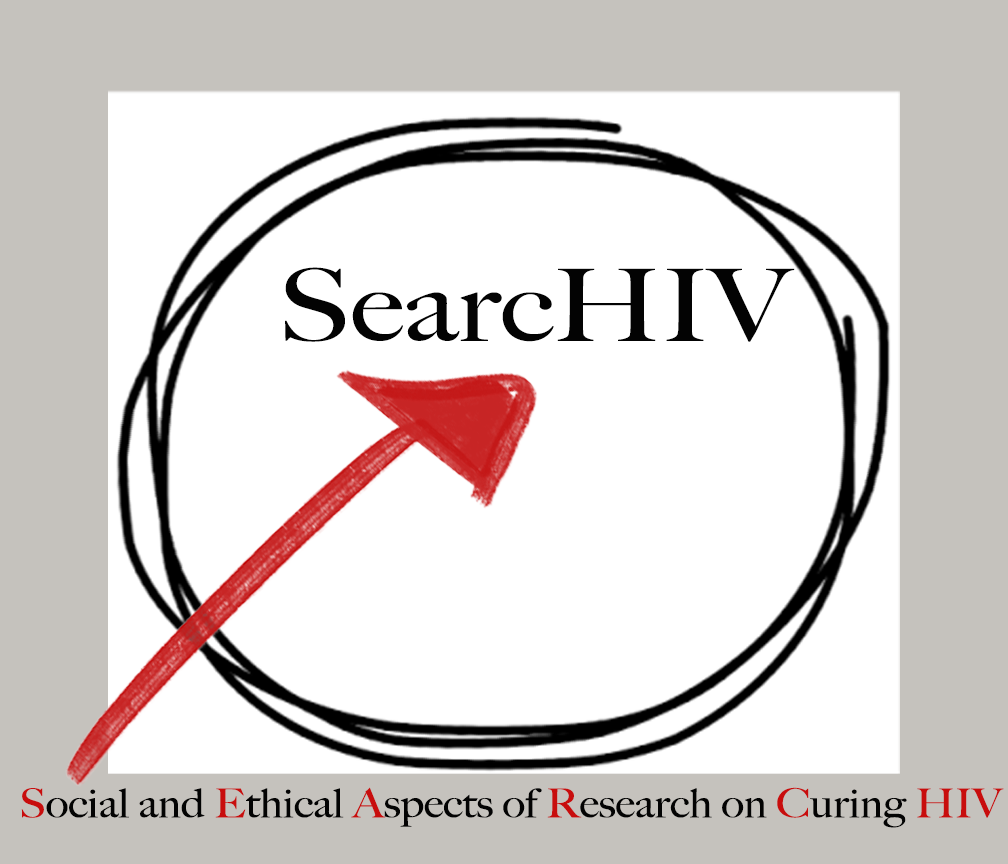 Johanna Crane and Theresa Rossouw
Johanna Crane and Theresa Rossouw
In March 2013 a group of physician-researchers made the startling announcement that a baby born in Mississippi had been ‘functionally cured’ of HIV (Persaud et al. 2013a). However, hopes that the discovery might indicate a pediatric cure for HIV were significantly tempered in July 2014, when doctors announced that the child had developed a detectable viral load. Nonetheless, the case remains unprecedented, and NIH-funded clinical trials to build on the findings are in the planning stages (NIAID 2014). Whether addressing HIV ‘cure’ or temporary ‘remission’, scrutiny of the ‘Mississippi baby’ case has focused largely on scientific and technical questions. By contrast, the social context of the case—and its implications for pediatric HIV remission more globally—has gone largely unexamined. This paper describes the social context of the ‘Mississippi baby’ case and a parallel case of an HIV-infected infant in South Africa, where proof-of-concept studies of the approach used in Mississippi are in the planning stages. We argue that an ethical program of research into infant HIV remission must also address the gaps in care that allow antenatal transmission to occur, and recommend that pediatric remission studies include a rigorous ‘structurally competent’ social science research agenda focused on social protection and barriers to care for HIV-positive pregnant women.

